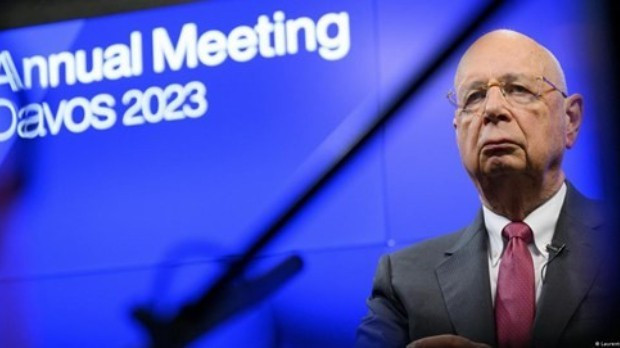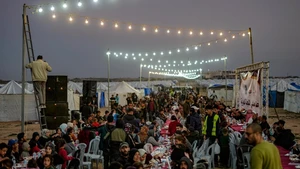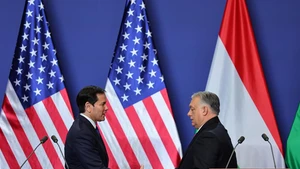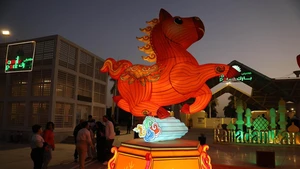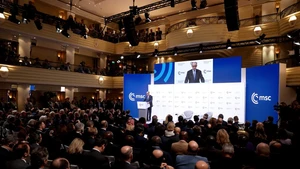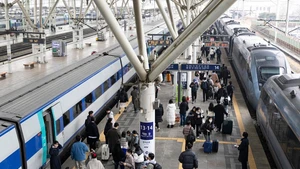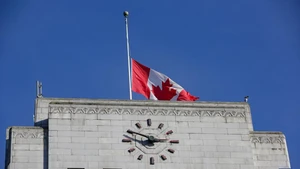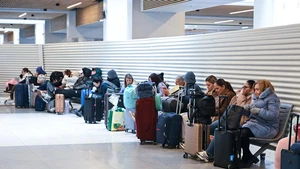In the face of this challenge, trade linkage initiatives have become a hope, expected to help strengthen collective strength, diversifying supply chains and opening up new development opportunities.
“Economic fragmentation” is a phrase frequently mentioned in many analyses of the world situation in recent years. The theme of the World Economic Forum (WEF) conferences in Davos, Switzerland in recent years has also focused on arousing the spirit of solidarity, cooperation and restoring trust in a fragmented world. The global economy is entering a period of uncertainty, dominated by major geopolitical tensions.
In particular, the trade policies of some countries threaten to increase protectionism, making the world economy increasingly fragmented, so economic relations become less connected in a unified system.
In that context, the need for countries to unite, cooperate, and establish a large common space to “join forces” to respond to challenges has become an urgent requirement. Recently, the Future Investment and Trade (FIT) Alliance, bringing together 14 countries from many continents such as Singapore, Brunei, Chile, Iceland, Switzerland, Morocco, among others, was established to support open and fair trade.
According to the Ministry of Trade and Industry of Singapore, in the midst of many problems affecting small and trade-dependent countries like Singapore, this alliance reflects the confidence of its members in international trade, while helping to build resilience against economic “shocks”.
The moves to strengthen inter-regional economic connectivity have also received public attention. The South American Common Market (Mercosur) and the European Free Trade Association (EFTA) have just officially signed a free trade agreement (FTA), concluding eight years of negotiations. The gross domestic product (GDP) of the two blocs totals more than 4.3 trillion USD. More than 97% of the two sides’ exports will benefit from the agreement, promising to boost bilateral trade.
The simultaneous expansion of connectivity by countries reflects profound and comprehensive changes in the current world situation. A series of intertwined crises from epidemics, conflicts, climate change, tariff wars, and so on create a common threat to all of humanity and no country has enough strength or resources to “single-handedly” handle these challenges.
According to Rabah Arezki, Director of Research at the French National Centre for Scientific Research (CNRS), the current US tariff policy will accelerate the fragmentation process, and developing countries are the ones most affected by this issue. Most developing economies in Africa, Asia, and Latin America depend heavily on the export of agricultural products, textiles, and other goods.
Washington’s tariff policy will limit these countries’ access to the US market, forcing these economies to find new alternative markets or promote the formation of new trade alliances. However, the formation of economic and trade alliances that bring together many countries on all continents does not always bring about the expected results, mainly due to differences in development levels between the parties.
Conflicting interests are also another aspect. Before the FTA between Mercosur and EFTA was approved, there were many concerns about environmental issues, and about increased pressure on the domestic market of European countries from the import of cheap products from South America.
However, developments in the international flow in recent years have shown the inevitable, irreversible trend of cooperation and association in a world of unpredictable instability. It is the spirit of solidarity and international cooperation that is the “beacon” guiding the way, helping the world to overcome the “darkness” of the current intertwined crises.
